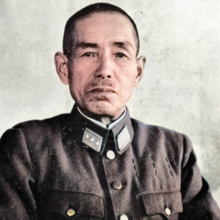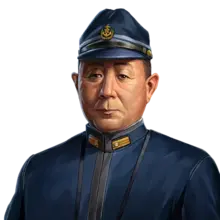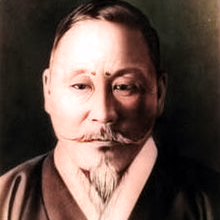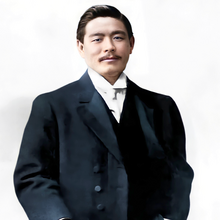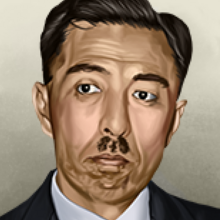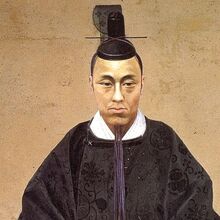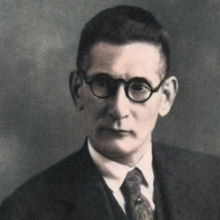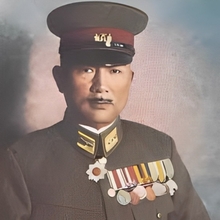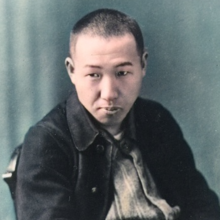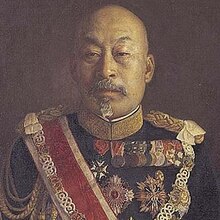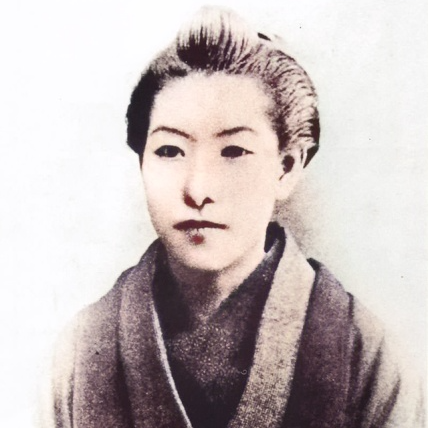
Personal
Other names:
Job / Known for:
Writer and poet
Left traces:
Short stories and poems
Born
Date:
1872-05-02
Location:
JP
Uchisaiwaichō, Chiyoda-ku, Tokyo
Died
Date:
1896-11-23 (aged 24)
Resting place:
JP
Death Cause:
Tuberculosis
Family
Spouse:
Children:
Parent(s):
Noriyoshi Higuchi and Ayame Furuya
QR Code:
Show More
Rank
Users ranking to :
Thanks, you rate star
Ranking
5.0
1
About me / Bio:
Show More
Article for Ichiyo Higuchi
Died profile like Ichiyo Higuchi
Comments:
